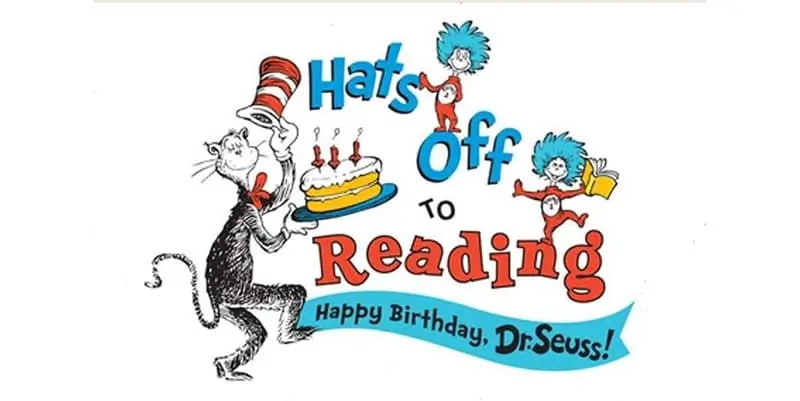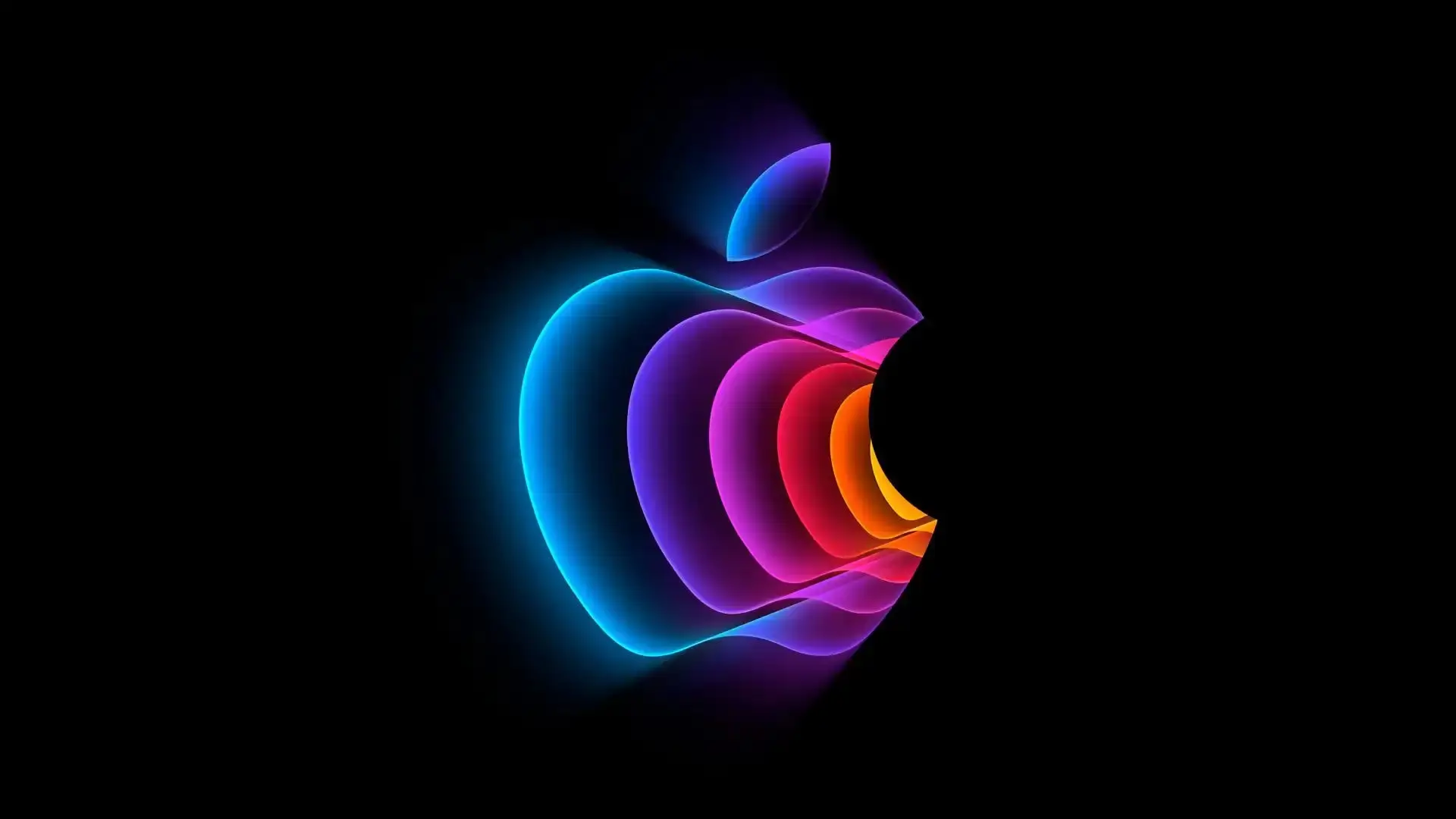Across time zones and TikTok timelines, between espresso martinis and career burnout memes, one thread quietly binds Gen Z and millennials together: the belief that work must mean more than a title. While older generations valorized linear ascension—the steady rise to corner offices, stock options, and executive prestige—today’s younger workforce has recalibrated what ambition looks like.
The Deloitte 2025 Gen Z and Millennial Survey, drawing insights from over 23,000 respondents across 44 countries, reveals an evolved view of professional fulfillment. In a labor market increasingly shaped by automation, remote work, and existential reflection, Gen Zs and millennials are no longer strictly motivated by reaching senior leadership roles. In fact, only 6% of Gen Zs cite attaining those positions as a primary goal.
But that doesn’t mean they lack drive. Instead, their aspirations revolve around purpose, mental well-being, learning opportunities, and work-life balance. In a moment where work culture is undergoing one of its most profound transformations, this editorial unpacks the key drivers shaping these generations and what it means for organizations aiming to retain and inspire them.
Redefining Ambition: Growth Without the Corner Office
Millennials (born 1981–1996) and Gen Zs (born 1997–2012) have grown up in vastly different socio-economic conditions, but both share a disenchantment with the traditional corporate ladder. The post-2008 recession years, the gig economy, student debt burdens, and the pandemic’s recalibration of work-life boundaries have all impacted how these groups view professional success.
Deloitte’s findings show that career development is still a top priority—but not in the way it once was. Rather than aspiring to senior titles, respondents seek roles that allow:
- Continuous skill acquisition
- Cross-functional experience
- Lateral movement within organizations
- The chance to make tangible social or environmental impact
This is a generation motivated by the why, not the what. A prestigious job title carries less weight than autonomy, purpose, and the ability to grow in directions that align with personal values.
Mental Health: A Top Workplace Priority
One of the most striking findings from Deloitte’s 2025 report is the prioritization of mental health and well-being. Roughly half of Gen Z and millennial respondents say they feel stressed all or most of the time. The pandemic, economic instability, and climate anxiety have all intensified these pressures.
Yet unlike older generations, younger workers are more likely to talk openly about their mental health and expect their employers to support it. This includes:
- Flexible work arrangements (remote/hybrid models)
- Mental health days and PTO not tied to illness
- Therapy stipends or employer-sponsored wellness apps
- Supportive leadership styles that model emotional intelligence
Companies that fail to take mental health seriously risk not only attrition but reputational damage among the demographics that are shaping the future of work.
Sustainability and Ethics: Workplace as Platform for Impact
Both Gen Z and millennials care deeply about their employer’s impact on society. Over 60% say they would not work for a company that doesn’t align with their values, and a growing number actively seek out employers committed to climate action, diversity and inclusion, and ethical governance.
Deloitte’s survey highlights how these generations believe corporations should be engines for good, not just profit. They evaluate potential employers based on:
- Environmental policies
- Equitable hiring practices
- Community engagement
- Transparency in leadership
They also tend to hold their companies accountable on social media and internal forums, expecting consistency between a company’s stated values and its internal culture.
Learning and Progression: Beyond Linear Promotion
Contrary to the “lazy generation” stereotype, both Gen Z and millennials are hungry for development—they just want it on their terms. The Deloitte survey shows that the majority prioritize employers who offer training, mentorship, and upskilling opportunities.
This looks like:
- Internal mobility programs
- Access to certifications or workshops
- Opportunities to switch departments or work internationally
- Mentoring programs across generations and experience levels
Organizations that create learning ecosystems—where education isn’t a perk but a core workplace feature—will be more attractive to younger talent. Importantly, development is not just about technical skill, but includes soft skills, leadership readiness, and emotional resilience.
Work-Life Integration vs. Balance: Fluid Models of Productivity
While work-life balance was once the gold standard, these generations are now shifting toward work-life integration—a model where professional and personal lives aren’t kept strictly separate but co-exist harmoniously.
Gen Zs in particular don’t see flexibility as a bonus; they see it as foundational. Remote work, async schedules, and 4-day workweeks are not viewed as fringe benefits but as baseline expectations. They seek:
- Autonomy over schedules
- Non-linear workdays
- Results-based evaluation over time-clock monitoring
Organizations that cling to rigid structures risk alienating a workforce that thrives on fluidity, digital connectivity, and adaptive rhythms. The key isn’t less work—it’s smarter work.
Inclusion, Belonging, and the New Social Contract
Today’s workforce wants more than diversity statements—they want inclusion they can feel. Deloitte’s data reveals that Gen Z and millennials gravitate toward employers who foster authentic belonging, not performative compliance.
This means:
- Leadership that reflects workforce diversity
- Psychologically safe environments
- Clear anti-discrimination policies
- Celebration of intersectional identities
Younger workers are not afraid to challenge outdated practices. They see the workplace as an extension of their own social advocacy. They want to be heard, valued, and represented—not just surveyed once a year.
The Role of Purpose: Aligning Personal and Organizational Missions
Perhaps the most defining trait of this generation’s career ethos is the demand for purpose. Unlike previous generations who may have compartmentalized work and personal values, today’s younger employees seek coherence between the two.
According to Deloitte, over 70% of Gen Z and millennial respondents say they would leave a job if it conflicts with their values. They also want to contribute to missions greater than profit, whether in climate, health equity, education, or tech ethics.
Purpose is no longer relegated to CSR departments. It must be embedded into strategy, product development, and team dynamics. Brands that don’t articulate their reason for existing beyond shareholder returns are losing talent.
Leadership Reimagined: From Authority to Authenticity
The traditional model of top-down leadership is being actively rewritten. Younger generations are looking for empathetic, vulnerable, and approachable leaders. Command-and-control structures are losing traction to collaborative ecosystems.
According to Deloitte, ideal leaders are:
- Good listeners
- Transparent about their own challenges
- Invested in mentoring
- Inclusive and team-oriented
The new leader is not an executive behind a closed door but a facilitator of culture, a guide for growth, and a mirror for mission. Organizations that invest in training leaders to meet these expectations will retain higher levels of engagement and loyalty.
The Power of Hybrid Workplaces and Digital Communities
The pandemic-era experiment in remote work turned permanent for many, and Gen Z/millennials now expect hybrid models that allow for both connection and autonomy. But it’s not just about where work happens—it’s about how culture translates digitally.
Deloitte notes that digital-first doesn’t mean culture-last. Remote teams need:
- Rituals for recognition
- Channels for social interaction
- Accessible leadership
- Clear communication norms
Organizations that build intentional digital communities—not just Slack channels but full ecosystems of trust—will better integrate younger employees across geographies and time zones.
Beyond the Survey: Actionable Steps for Organizations
To close the gap between generational expectations and organizational realities, companies must embrace transformative—not transactional—engagement. Here are a few steps Deloitte and other experts suggest:
- Embed purpose at every level, not just in mission statements.
- Normalize mental health conversations and provide real resources.
- Create continuous learning pathways that are personalized.
- Foster inclusive environments through structural and cultural reforms.
- Rethink leadership models to favor transparency over hierarchy.
- Offer flexible work models as a default, not a negotiation.
- Listen and act on employee feedback, not just collect it.
The future of work is not just about retention—it’s about reimagining what meaningful work looks like.
Ideologue
Gen Z and millennials aren’t “quiet quitting” out of laziness or rebellion. They’re redefining engagement on their own terms. Deloitte’s 2025 survey shows us a generation less obsessed with titles and more focused on impact, integrity, and internal alignment.
They want careers that evolve with them, that reflect the causes they care about, and that leave room for joy as well as drive. Companies that understand this shift—and shape their cultures accordingly—won’t just keep up. They’ll lead.
Because the future of work isn’t waiting. It’s already being built. And its architects are not asking for a seat at the table. They’re redesigning the room.
No comments yet.








